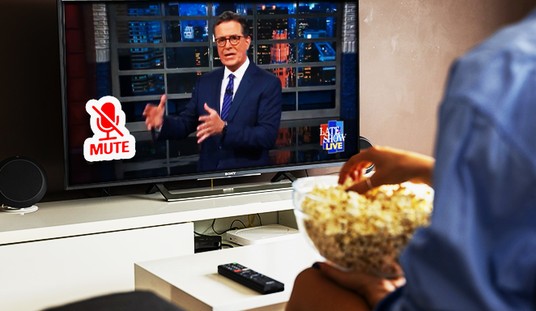One of the foreign policy promises Barack Obama made was that during his presidency, America would have a “light footprint” on world affairs. Our first indicator of what that meant was the action in Libya when the US “led from behind”. The Obama administration belived that pulling back from our strong presence and position in the world would help mollify other powers and usher in a new era of peaceful cooperation with America as a partner and not necessarily the leader.
How has that worked out?
Ask Russia, China and a few others:
The White House was taken by surprise by Vladimir V. Putin’s decisions to invade Crimea, but also by China’s increasingly assertive declaration of exclusive rights to airspace and barren islands. Neither the economic pressure nor the cyberattacks that forced Iran to reconsider its approach have prevented North Korea’s stealthy revitalization of its nuclear and missile programs.
In short, America’s adversaries are testing the limits of America’s post-Iraq, post-Afghanistan moment.
“We’re seeing the ‘light footprint’ run out of gas,” said one of Mr. Obama’s former senior national security aides, who would not speak on the record about his ex-boss.
What we’re actually seeing is naivete in foreign policy head toward a predictable conclusion. Foreign policy isn’t bean bag and it has been established many times in history that the retreat of a great power from the world’s stage will see other seemingly lesser powers attempt to fill or take advantage of that power vacuum. The “light footprint” didn’t “run out of gas”, the light footprint was foreign policy destined for failure from its inception. Mr. Obama and his foreign policy team were warned about that constantly and preferred to ignore both the warnings and history.
Mr. Obama acknowledges, at least in private, that he is managing an era of American retrenchment. History suggests that such eras — akin to what the United States went through after the two world wars and Vietnam — often look like weakness to the rest of the world. His former national security adviser Thomas Donilon seemed to acknowledge the critical nature of the moment on Sunday when he said on “Face the Nation” that what Mr. Obama was facing was “a challenge to the post-Cold War order in Europe, an order that we have a lot to do with.”
But while Mr. Donilon expressed confidence that over time the United States holds powerful tools against Russia and other nations, in the short term challengers like Mr. Putin have the advantage on the ground.
Mr. Obama is managing “an era of American retrenchment” he initiated. And it doesn’t look like a period of weakness to the rest of the world, it is a period of weakness that is compounded by our weak leadership. We’re engaged in bringing our military down to pre-WWII levels and we’ve made it clear that we’re not interested in fulfilling treaty obligations with the likes of the Ukraine. How else would one interpret our actions?
And, of course, one of the best ways we could address this particular crisis is to up our shipments of natural gas to Europe so they weren’t dependent of Russian pipeline supplies that flow through the Ukraine. That would give Europe some leverage because they wouldn’t be held hostage by their need for Russian petro supplies. But on the domestic front, the Obama administration has made building the necessary infrastructure to cash in on our growing natural gas boom almost impossible.
Are Russia and others testing the limits? You bet they are and all of those interested in those limits are watching this drama unfold. To this point, it appears Russia sees no downside to its action. Should that continue to be the case, you can be assured other nations will also “test the limits.”
This is Mr. Obama’s 3am phone call. And it appears he has let it go to the answering machine.
~McQ








Join the conversation as a VIP Member